Netanyahu to Gain More Power by Dissolving War Cabinet
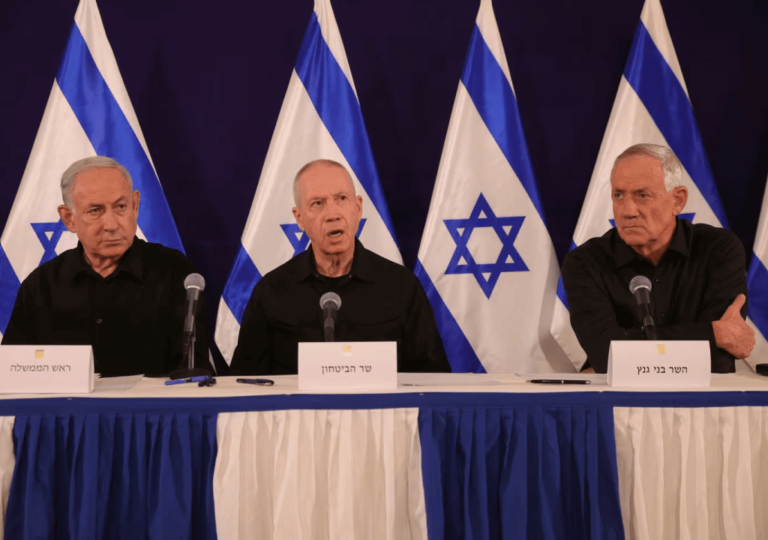
Benjamin Netanyahu dissolves Israel's war cabinet, strengthening his control over the conflict in Gaza and Hezbollah.

Benjamin Netanyahu dissolves Israel's war cabinet, strengthening his control over the conflict in Gaza and Hezbollah.
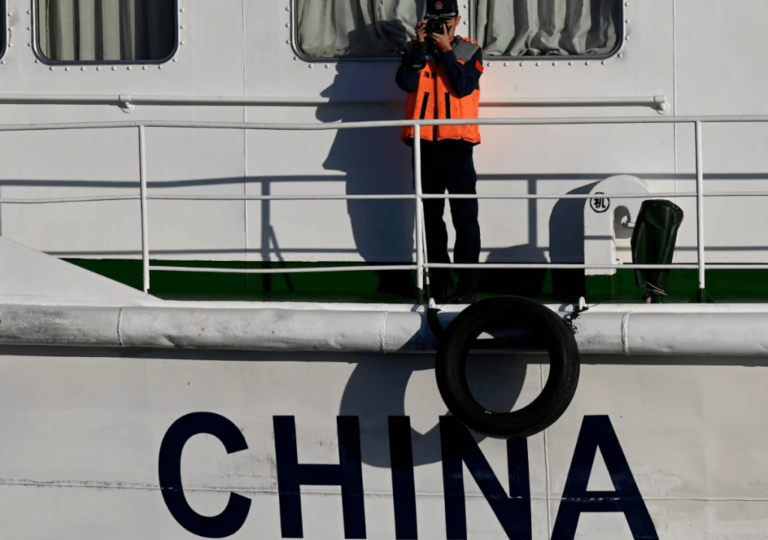
China's new trespass law in the South China Sea allows detention of foreigners for up to 60 days without trial, escalating tensions with neighboring countries like the Philippines, which has stepped up patrols in response.

Central Asia's mineral wealth attracts global powers; South Korea's "K-Silk Road" aims to tap it.
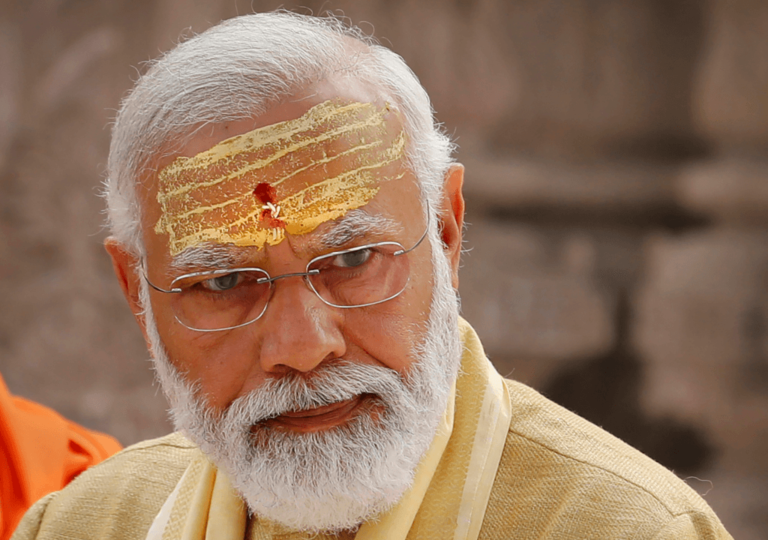
India's general election results show a surprising dip in support for Narendra Modi's BJP, with some attributing the decline to a rift between the BJP and its parent organization, the RSS.
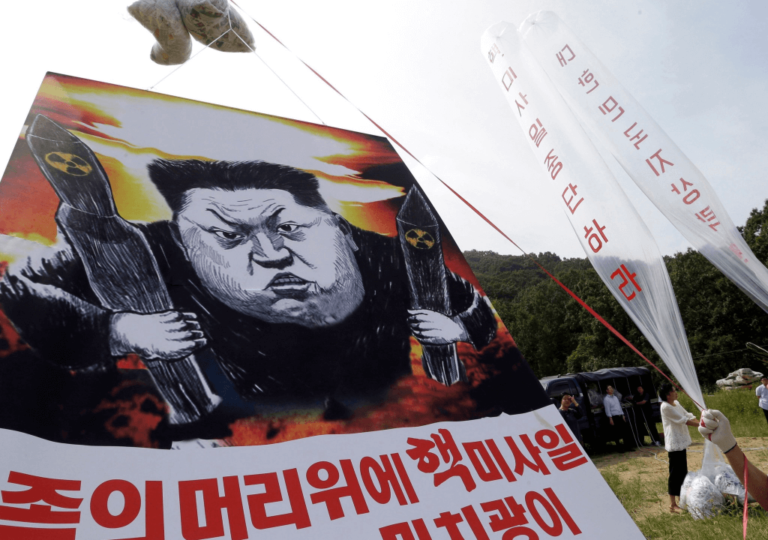
The "Balloon War" between North and South Korea escalates as both sides use balloons to spread propaganda and trash, heightening tensions and straining relations.
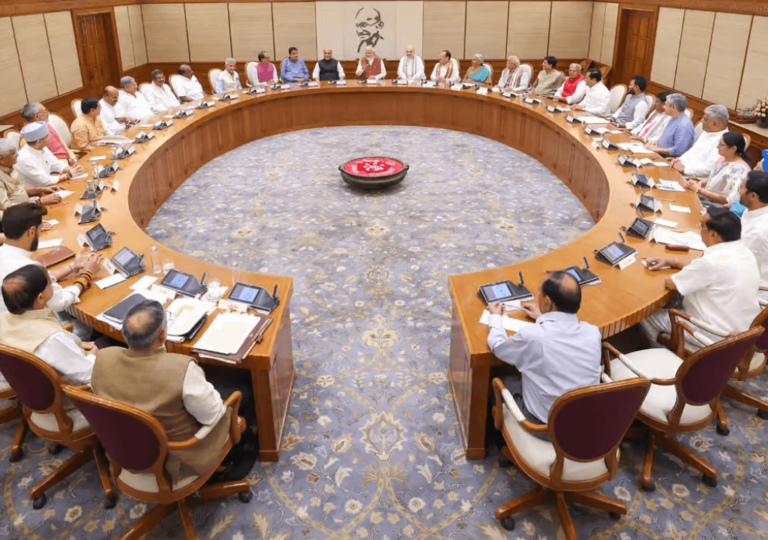
Narendra Modi begins his third term as India's Prime Minister, marking a significant milestone. He has retained key figures from the previous government and included members from various parties in his new cabinet.
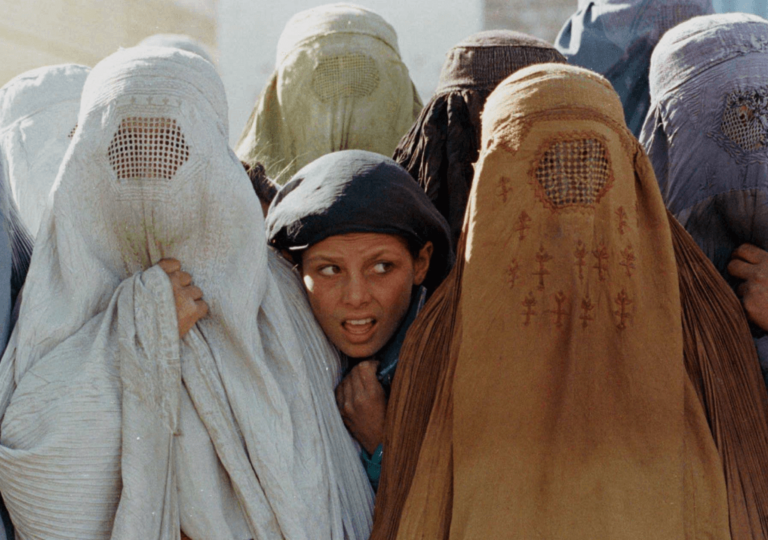
Afghanistan remains under strict Taliban rule, marked by severe punishments, suppression of women, and enforced dress codes, despite promises of moderation.
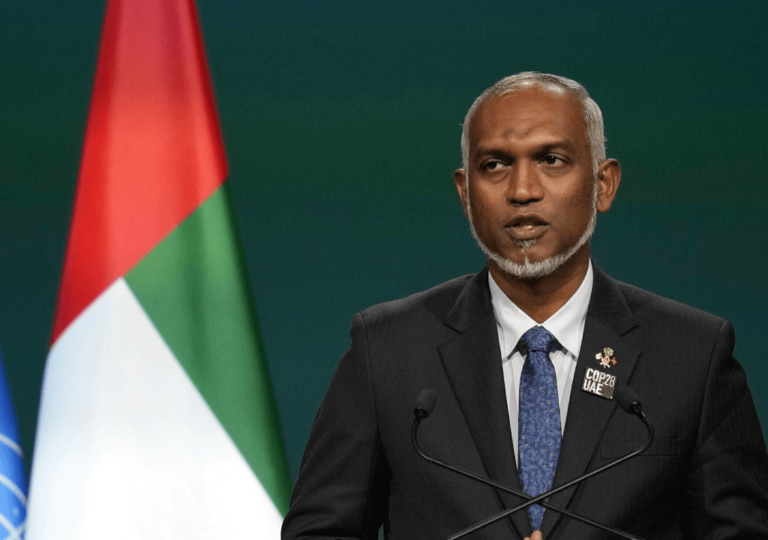
Maldives bans Israeli tourists amid Gaza conflict, risking economic consequences and diplomatic tensions with the West.
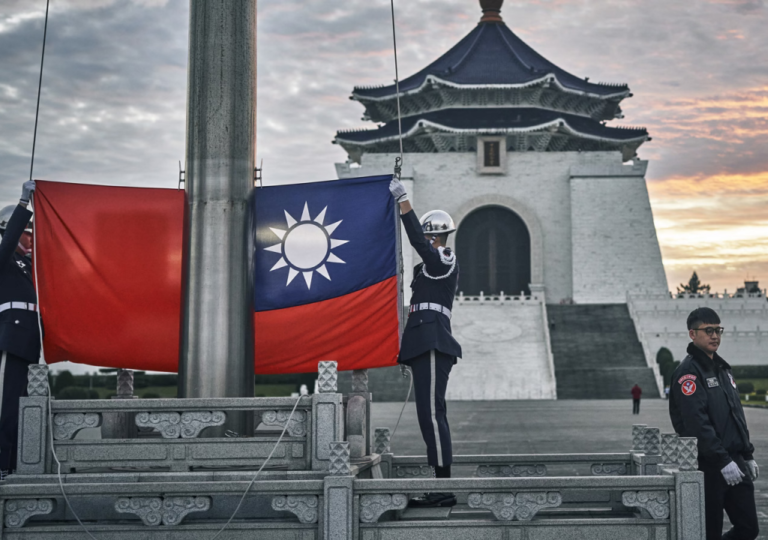
Taiwan's opposition-controlled parliament has passed a controversial reform bill amid intense protests, raising concerns about the country's democratic system.

North Korea retaliates against South Korea's propaganda balloons by sending balloons filled with feces and trash.